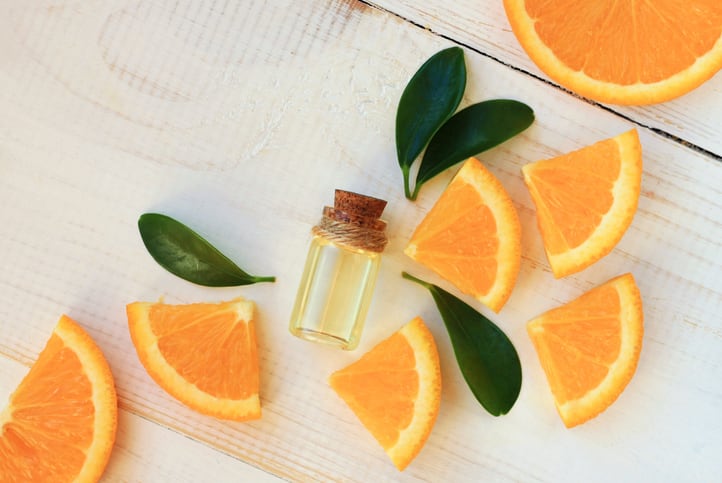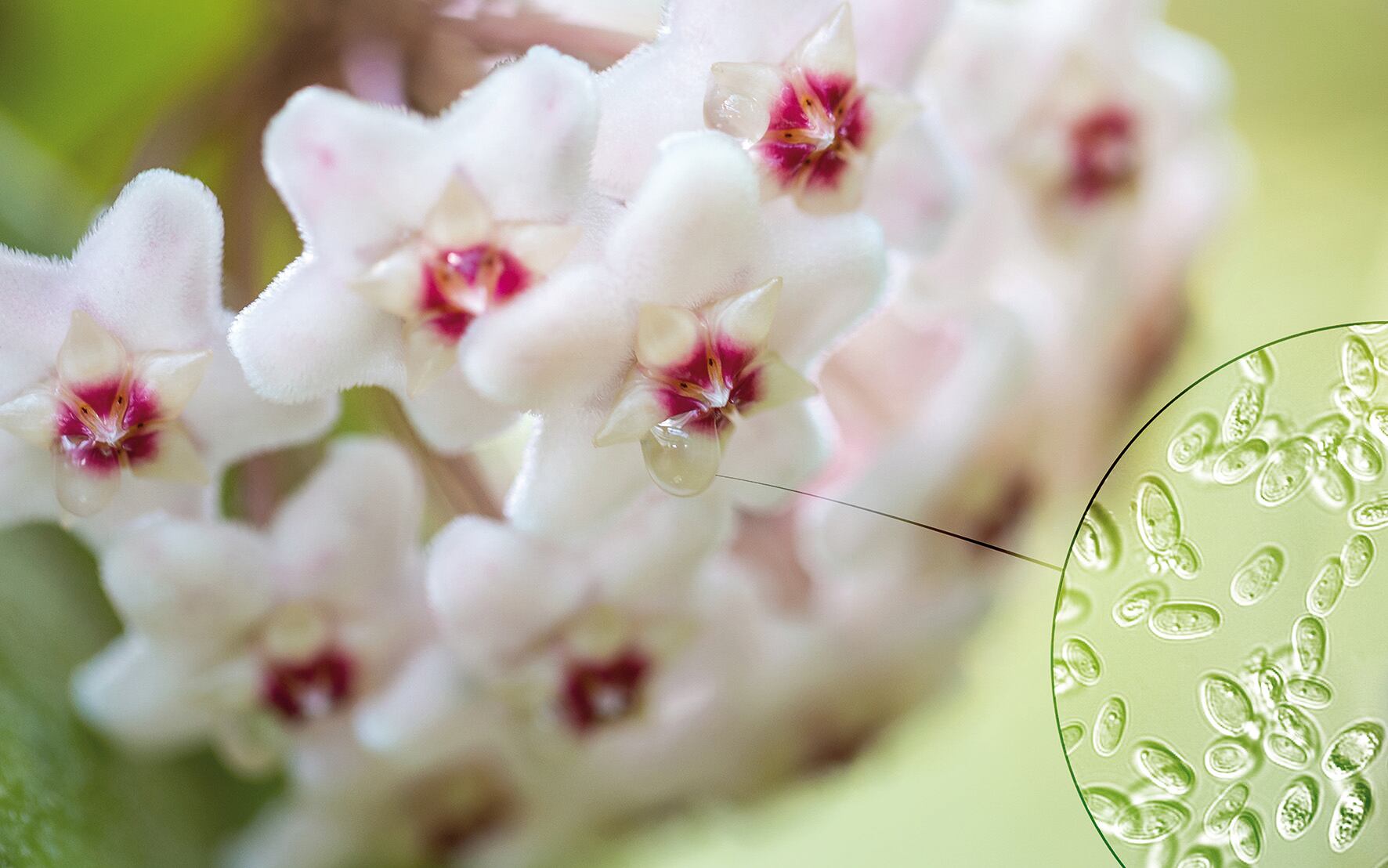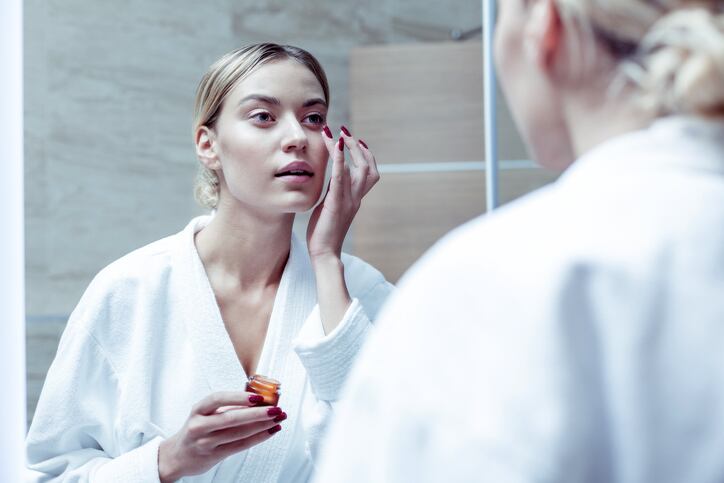Writing in Molecules, a team of researchers from universities in Italy, Turkey, Vietnam and Mauritius conducted a review on the use of essential oils as natural sources of fragrance compounds for cosmetics and cosmeceuticals. The aim, they said, was to “highlight the enormous versatility of essential oils as significant sources of natural fragrances” in these categories.
According to data in the review, the €6.25bn (US$7.51bn) global essential oils market, valued in 2018, would surge at 9% CAGR between 2019-2026. And findings showed many “high-valued essential oils” were used in the cosmetics industry as fragrances, including citrus, lavender, eucalyptus, tea tree and other floral oils, among others.
Interest in the research of essential oils was also “mainly championed by the perfume industry”, the researchers said.
Beyond aroma – essential oils offer a ‘complexity of active compounds’
“Essential oils have seen a revival in popularity in the last few years,” the researchers wrote.
“…Their ability to impart a wide range of unique and pleasant aromas in cosmetic products and at the same time acting as bioactive agents (anti-ageing, antimicrobial, sun protection, and whitening) make them prized and highly valued ingredients in cosmetics and cosmeceutical products.”
And whilst the primary purpose of incorporating essential oils into cosmetics remained aroma, increased interest in was now being fuelled by scientifically backed health benefits of many, the researchers said. The additional health story made essential oils “more tempting and attractive to consumers”, they said.
Essential oils from orange, for example, had proven particularly popular as they offered multiple health remedies such as skin elasticity, firmness and were able to target scars, acne and stretch marks. Lemon and orange essential oils also had antiseptic properties, making them “ideal ingredients in skin and hair care”, the researchers said.
“…Essential oils are vital assets in the cosmetic industry, as along with imparting pleasant aromas in different products, they are able to act as preservatives and active agents and, simultaneously, offer various benefits to the skin.”
Riding on the ‘back to nature’ trend
Importantly, increased interest and use of essential oils and botanical extracts in recent years had been “enormously amplified” by the ‘back to nature’ trend across the global cosmetics industry, according to the review.
“In recent times, green consumerism and the resurgence of the use of ‘naturals’ have given a fresh impetus to the development of plant-based products, especially in beauty and wellness industries,” the researchers wrote. Many of the popular cosmetic companies had endorsed natural fragrances and opted for “minimally processed natural ingredients” in recent years, in turn, spurring interest in and use of essential oils, they said.
“…Essential oils are widely incorporated into modern skin care products because of their complexity of active compounds, strongly fragrant properties and natural marketing image,” they said.
And looking forward, they said “the future of the essential oils industry seems promising, with lucrative avenues in the cosmetic and perfume industries”.
Allergen hurdles – dedicated cosmetic labels needed
However, as industry continued its use of essential oils, the researchers said allergenic properties would have to be carefully considered.
Of the 26 possible allergenic fragrances defined in the EU, 18 could be found as ingredients of essential oils, they said. “For this reason, they must be declared on the packaging or in the information leaflet if the concentration of these allergenic fragrances is higher than the permissible concentration of 0.01% in shower gels and baths (rinse-off products) and higher than 0.001% in body oils, massage oils and creams (leave-on products).”
Testing of individual oils, and blends that could see co-reactivity with other fragrances, would continue to be important moving forward. The International Fragrance Association (IFRA) offered guidelines on safe use of essential oils in cosmetic products, the researcher said, and the International Organization for Standardization (ISO) had outlined specifications on how to analyse and code these ingredients.
“Although essential oils are generally regarded as safe, as complex mixtures of compounds, some of which [are] known to be allergens and skin sensitising agents, need to be indicated on cosmetics labels, especially for consumers having sensitive, allergic-prone skin or existing skin disorders and could not opt for patch testing before using products containing them.”
Source: Molecules
Published online ahead of print, doi: 10.3390/molecules26030666
Title: “Essential oils as natural sources of fragrance compounds for cosmetics and cosmeceuticals”
Authors: JB. Sharmeen, FM. Mahomoodally, G. Zengin and F. Maggi




